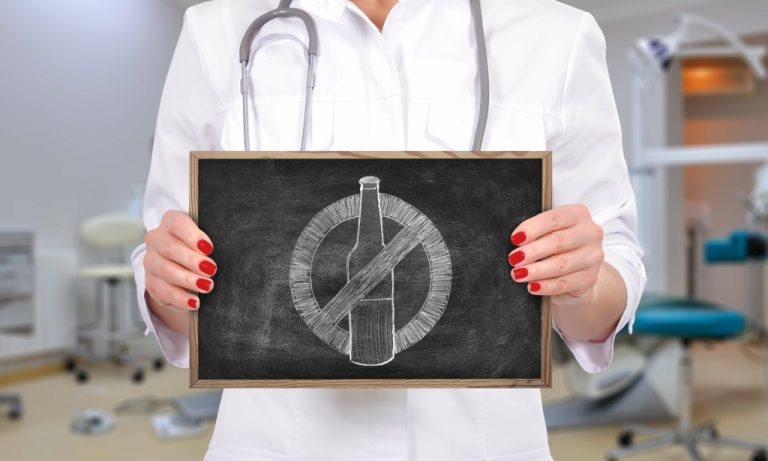Although every individual is unique, those with narcissistic personality disorder (NPD) present with generalized signs and symptoms typical of the disorder. Treatment for co-occurring narcissism and alcohol addiction typically involves a combination of therapy and medication. The use of cognitive-behavioral therapy can help people recognize and change negative thought patterns and behaviors, while medication can alleviate anxiety and depression symptoms. In a nutshell, grandiose narcissists may feel proud of their excessive alcohol use, and the problems it can cause, if it makes them stand out.
- Alcoholism can be a fatal disease that can be difficult to recognize, especially when it co-occurs with a mental illness such as narcissistic personality disorder.
- However, this is not universal, and many factors contribute to alcoholism beyond personality traits.
- Another therapy, Dialectical Behavior Therapy (DBT), focuses on developing effective skills in handling emotions and interpersonal relationships.
- Alcoholic parents often exhibit narcissistic traits, creating a toxic environment that perpetuates emotional neglect and self-centered behavior.
- Depression causes a person to have a consistently negative outlook and affects a person’s thoughts and actions.
Can Therapeutic Approaches be more effective?
For substance-related behaviors, this is most evident in substance use to cope with negative affect due to lack of others’ admiration and feelings of shame related to narcissistic vulnerability. For non-substance-related behaviors, using social media to feel admired might be a central mechanism. It’s possible to have a narcissistic personality disorder (NPD) as well as an alcohol use disorder (AUD). Additionally, societal and cultural influences can drug addiction treatment contribute to the development of narcissism and alcoholism. Societies that prioritize individualism and materialism may foster a higher prevalence of narcissistic traits.
Overcoming the Dual Challenge: Treatment and Recovery
- Alcohol may serve as a maladaptive coping mechanism to numb these negative emotions or to escape from stressors that challenge their inflated self-perception.
- By building support from family and friends, you are more likely to stay on course with your dual treatment plan and avoid the stress that can make AUD and NPD worse.
- The cycle of narcissism and alcoholism begins when individuals with narcissistic traits turn to alcohol as a means of coping with their emotional vulnerabilities and insecurities.
Alcohol can become an outlet for an individual with a personality disorder who feels numb, dull, or excited about the intensity of their emotional experiences. Those with personality disorders can use alcohol as a way to experience short-term relief. These things can lead to alcohol dependence and addiction, which pushes the addiction to become physical and psychological. When it comes to diagnosing narcissism and alcoholism, mental health professionals may use the Diagnostic and Statistical Manual of Mental Disorders (DSM-5) as a guide. Narcissistic personality disorder (NPD) is a recognized mental health condition, while alcoholism is classified as a substance use disorder. From a practical standpoint, treatment providers can improve outcomes by adopting strategies that accommodate narcissistic tendencies without reinforcing them.
The role of family involvement in IOP recovery

The relationship between narcissism and alcoholism presents unique and complex challenges, and when these disorders coexist — expect the challenges to multiply. Even though different stages of alcoholism may change the way the individual behaves in most cases these personality traits are similar. Narcissism is when the individual feels the need to be admired, to be shown a lack of empathy, or be self-involved. Individuals who suffer from alcohol use disorder are unable to reduce or stop drinking.

AUD diagnosis
However, narcissists are more likely to use alcohol strategically to maintain a superior position in the relationship. Understanding this distinction can help partners identify manipulation and respond more effectively. Narcissism is a personality feature that can be part of narcissistic personality disorder (NPD) in some people, and https://ecosoberhouse.com/ alcoholism is a substance use disorder (SUD). Narcissists can become alcoholics, and alcoholics can be especially narcissistic when they drink.
Alcohol use disorder

To treat dual diagnosis, people will receive treatment options for both NPD and AUD. Individuals can discuss how NPD narcissism and alcoholism and AUD can affect the other with their doctor. You can also visit Psych Central’s mental health resource hub, which has information about how to find mental health support. The underlying cause of each is sometimes not the same, but the behaviors can seem very similar. Narcissism and alcoholism feed off one another, and if either is left untreated, the risk of relapse and severe illness or injury increases significantly.
